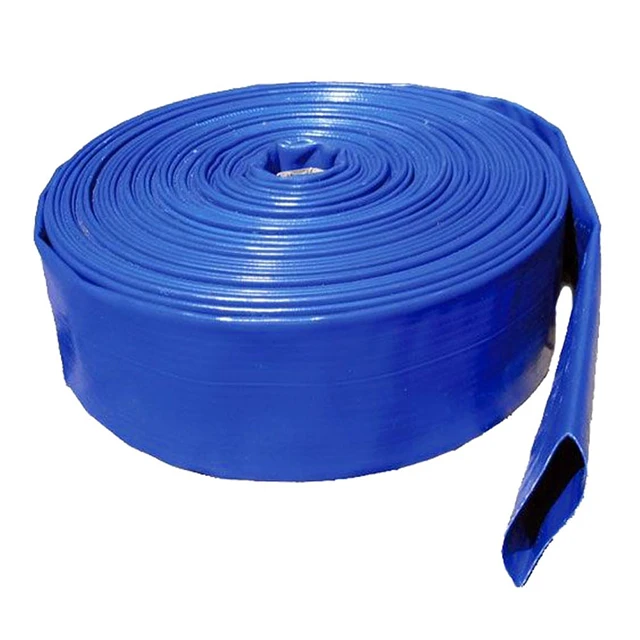Effective Techniques for Using Vacuum Hoses in HVAC Systems for Optimal Performance
Understanding HVAC Vacuum Hoses A Vital Component for Efficient System Performance
In the realm of Heating, Ventilation, and Air Conditioning (HVAC), maintaining optimal performance is paramount. One of the often-overlooked components that play a critical role in this efficiency is the vacuum hose. Understanding the function and importance of HVAC vacuum hoses can enhance the performance of HVAC systems, leading to improved air quality, energy savings, and prolonged equipment lifespan.
What is an HVAC Vacuum Hose?
An HVAC vacuum hose is a specialized tube designed to transport air, liquids, or gases under vacuum conditions. These hoses are typically made from durable materials that can withstand both the temperatures and the pressures associated with HVAC systems. Their primary purpose is to facilitate the removal of moisture and contaminants during the servicing of air conditioning units and refrigeration systems.
Importance of Vacuum Hoses in HVAC Systems
1. Moisture Removal One of the biggest threats to HVAC systems is moisture accumulation. Condensation can lead to mold growth and internal corrosion, damaging the components irreparably. Vacuum hoses effectively evacuate moisture from the system during initial setup and maintenance, ensuring that the refrigerant can circulate without issues.
2. Preventing Contamination Dust, debris, and other contaminants can cause significant operational problems in an HVAC system. If these foreign particles enter the system during installation or repair, they can impede the function of components like compressors and expansion valves. Vacuum hoses ensure a clean environment for refrigerants, thus enhancing system efficiency.
3. Improved Energy Efficiency HVAC systems operate on principles of air and refrigerant flow. Any interruption in this flow can lead to inefficiencies, increased energy consumption, and higher utility bills. By maintaining optimal vacuum pressure within the system with the help of vacuum hoses, technicians can ensure that air circulates effectively, maximizing energy efficiency.
4. Safety Using vacuum hoses during HVAC servicing can help prevent accidents and enhance the safety of the technicians. By evacuating refrigerants, technicians minimize the risk of leaks that could pose health hazards or lead to hazardous conditions due to the highly pressurized or corrosive nature of some refrigerants.
Types of HVAC Vacuum Hoses
Various types of vacuum hoses are available, each designed to serve specific applications within HVAC systems. Some common types include
hvac vacuum hoses

1. Rubber Vacuum Hoses Known for their flexibility and durability, rubber hoses are ideal for general applications within HVAC systems. They can withstand high and low temperatures, making them versatile.
2. PVC Vacuum Hoses Polyvinyl chloride hoses are lightweight and resistant to many chemicals, making them suitable for various HVAC applications, particularly in environments where resistance to corrosive substances is needed.
3. Silicone Vacuum Hoses These hoses offer excellent temperature resistance and are often used in high-performance systems. They are less likely to crack or become brittle over time, ensuring long-term reliability.
Maintenance of HVAC Vacuum Hoses
Proper maintenance of vacuum hoses is critical to ensure their longevity and effectiveness. Here are some tips for HVAC professionals and system owners
- Regular Inspections Check hoses for signs of wear, cracks, or leaks. Any damage should be addressed immediately to prevent further issues.
- Cleanliness Keep hoses clean and free from contaminants. Dirt and grime can affect their performance and lead to inefficiencies in the system.
- Correct Storage When not in use, store hoses properly to prevent kinks and bends that could compromise their structure.
Conclusion
In conclusion, HVAC vacuum hoses may seem like a minor component, but their role is undeniably significant in maintaining system health and efficiency. Understanding their function, types, and maintenance will not only save costs but also improve the overall performance of HVAC systems. Whether you are a homeowner or a professional technician, recognizing the value of HVAC vacuum hoses will lead to a more efficient, durable, and safer HVAC experience.
-
Top Quality Oxy Acetylene Hoses for Sale Fit for Welding DemandsNewsJul.28,2025
-
The Future of Pneumatic Air Tubes in IndustryNewsJul.28,2025
-
Superior and Reliable LPG Hose Pipe Solutions for Every NeedNewsJul.28,2025
-
Exceptionally Durable and Versatile Premium Braided PVC TubingNewsJul.28,2025
-
Best Adapters for Connecting Garden Hose to PVC Pipe ConnectionsNewsJul.28,2025
-
The Essential Role of LPG Hoses in Safe and Efficient Gas DistributionNewsJul.16,2025














